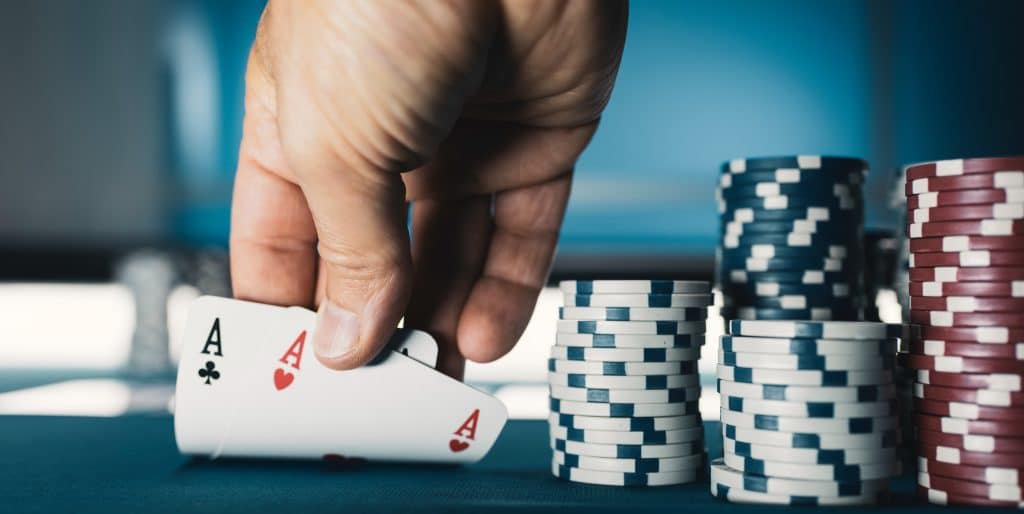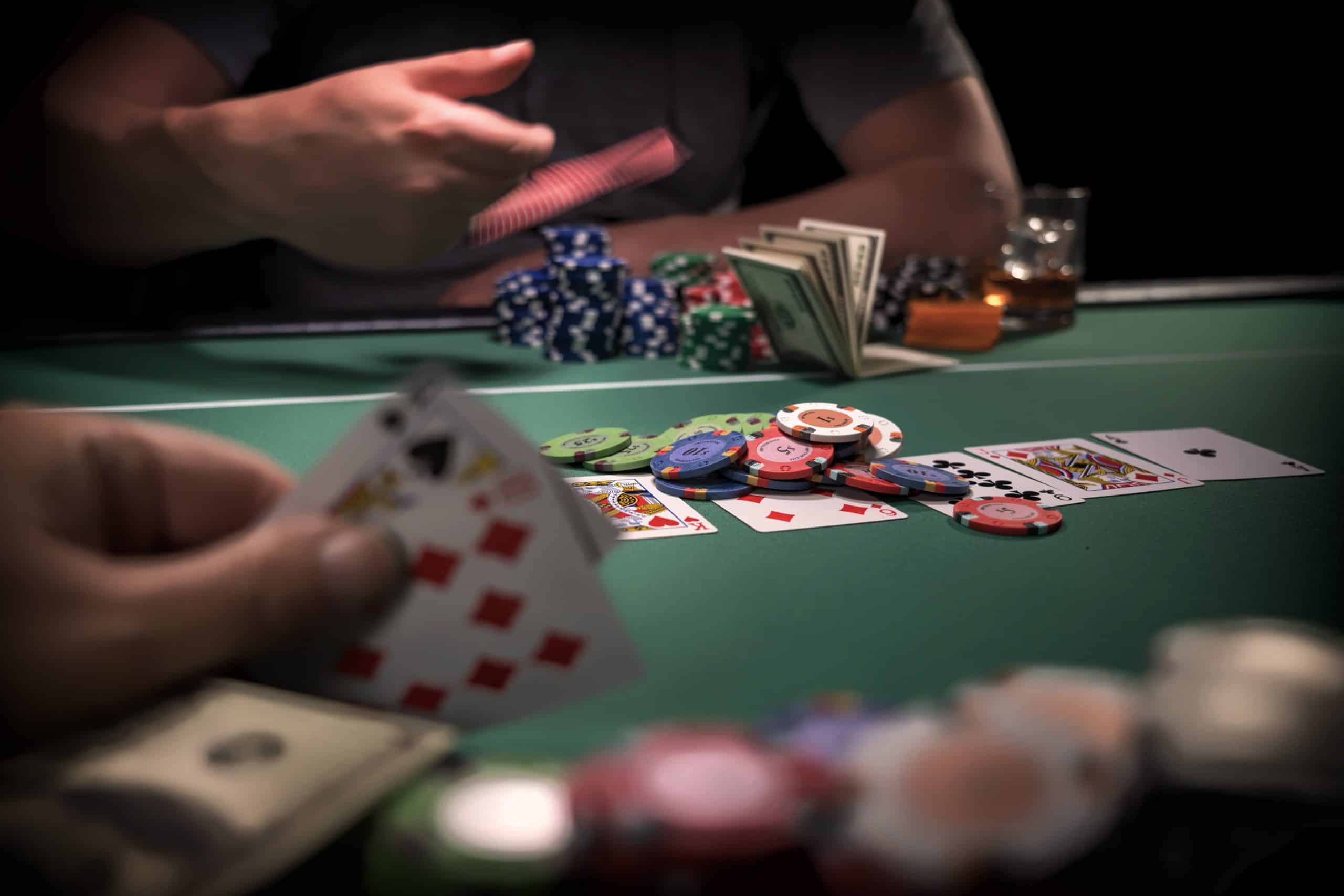Welcome to the world of poker, where the cards are only a small part of the game. To truly excel, you need to grasp ‘The Psychology of Poker.’ Let’s unravel the strategies that separate the pros from the rest.
Poker isn’t just a game of cards; it’s a game of minds. Understanding the psychology behind poker can elevate your gameplay from amateur to pro. In this article, we delve into the intricacies of ‘The Psychology of Poker,’ uncovering the secrets that professional players use to read their opponents like a book.
The Bluff Game
Mastering the Art of Deception
Poker is a dance of deception. Explore the strategies behind bluffing and understand when to play your cards close to the chest. Discover how the bluff game can be your secret weapon.
Body Language Tells
Eyes, Gestures, and Unspoken Words
Dive into the fascinating realm of body language. Learn to spot the subtle tells that betray your opponent’s hand. Uncover the secrets of eye movements, gestures, and facial expressions that can make or break a poker player.
Bet Sizing Strategies
Small Bets, Big Messages
Your bets speak volumes at the poker table. Explore the psychology behind bet sizing and discover how strategic bets can manipulate opponents. Learn when to go big and when a small bet can speak louder than words.
Pattern Recognition
Cracking the Code
Poker is a game of patterns. Understand how to recognize and exploit your opponents’ habits. Discover the art of pattern recognition to predict moves and stay one step ahead in the game.
Emotional Control
Keeping a Poker Face, Inside and Out
Emotions can be your greatest ally or your worst enemy in poker. Learn to master emotional control, keeping a steady demeanor even in the most intense moments. Discover the power of a well-maintained poker face.
The Art of Observation
Seeing Beyond the Cards
Sharpen your observational skills to read beyond the cards. Explore how observing opponents’ behavior and tendencies can provide valuable insights. Learn the art of observation to gain a strategic advantage.

Table Position Matters
Why Where You Sit Matters
Your position at the table is more than just a seat. Understand the dynamics of table position and how it can influence your decisions. Learn when to seize control and when to play it safe based on your position.
The Power of Patience
Waiting for the Right Moment
Patience is a virtue in poker. Explore how patience can be a potent weapon, allowing you to wait for the perfect moment to strike. Learn to resist the urge to play every hand and embrace the power of strategic patience.
Psychology of Risk-Taking
Balancing Act of Courage and Caution
Risk is inherent in poker, but how do you navigate it wisely? Delve into the psychology of risk-taking, understanding when to be bold and when to exercise caution. Learn the delicate balance that separates winners from losers.
Mastering the Poker Face
Beyond the Expressionless Stare
The poker face is iconic, but it’s more than just a blank expression. Uncover the nuances of mastering the poker face – the subtle cues and controlled expressions that can leave your opponents guessing.
Capitalizing on Weakness
Turning Vulnerability into Victory
Identify weaknesses in your opponents and turn them to your advantage. Learn the art of capitalizing on vulnerability without revealing your own. Discover how strategic exploitation can lead to triumph.
Adjusting to Opponents’ Styles
Flexibility in the Face of Diversity
Poker is a dynamic game with diverse opponents. Explore how to adapt your strategy to different playing styles. Learn the importance of flexibility and the ability to adjust to the ever-changing dynamics of the table.
Overall
In the realm of poker, understanding the psychology behind the cards can be your greatest asset. From mastering the art of deception to capitalizing on weaknesses, the psychological game is what sets champions apart. So, next time you’re at the table, remember – it’s not just about the cards; it’s about the minds behind them.


